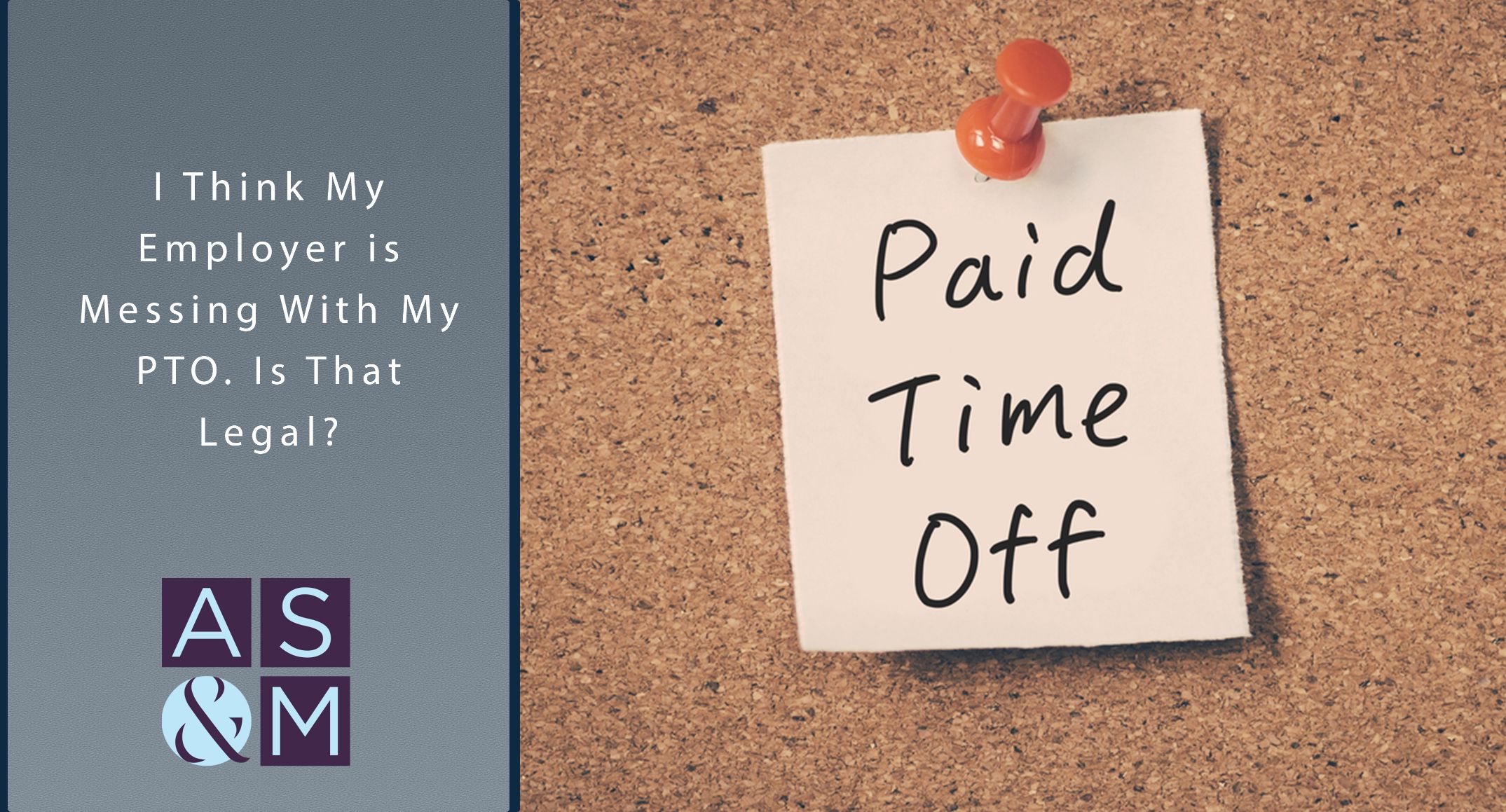 Paid time off in California is a luxury, not a requirement. If a job wants to try and look more appealing, then they’ll include a nice, appealing paid time off deal in their job offer.
Paid time off in California is a luxury, not a requirement. If a job wants to try and look more appealing, then they’ll include a nice, appealing paid time off deal in their job offer.
If you receive paid time off (PTO) in the state of California, this also means that you never lose those vacation days. They don’t expire, and whenever an employee doesn’t use them you have the right to request a cash payout instead, which is convenient if you ever leave your workplace to go somewhere else.
However, sometimes employers attempt loopholes to keep from providing the full range of agreed upon benefits for your PTO time. Here’s how.
They do not provide a PTO payout in your final paycheck.
The law in California requires the company to provide a payout to you for paid leave that you didn’t use while working for them. This means that you should receive pay for a full day’s work for each PTO day that you have left on your record unused. If your employer has withheld this PTO pay, that’s against California’s labor laws.
They revoke your vacation days.
Vacation days may be a luxury, not a requirement for employers in California. However, if there was a set amount of vacation days included in your initial contract, and then your employee attempts to revoke those vacation days from you as a punishment, that is not acceptable. If they allow you to swap PTO for sick days, that’s a different story, but any time PTO is withheld without reason from you is reason to question the legality of your employers actions.
They put caps on the number of vacation days you can accrue.
Although it is inconvenient, and perhaps annoying to the employee, this is a legal practice. Employers can decide that their employees can only accumulate a certain amount of vacation days before a cap or limit is placed on that number, and then you cannot collect any more until you spend the vacation days you have already accumulated. This limit could be anywhere from 5 to 10 days of PTO, for example.
They can create inconvenient PTO policies.
It’s not uncommon for employers to require you to request your paid leave a set amount of time in advance—even several weeks. California law does not place a limit on the amount of advance notice that employers request of their employees for requesting paid leave.
They wrongly classify workers as independent contractors.
Sometimes employees will misclassify workers as freelancers or independent contractors in order to avoid having to provide the same legal rights and protections that California law requires of official employees. The labor laws surrounding California freelancers and independent contractors are experiencing some major changes right now. In the past, employers have attempted to hire individuals as freelancers or independent contractors in order to avoid having to provide certain benefits and responsibilities—such as offering paid time off. If PTO is a benefit that you’re receiving, but you’re not a full-time employee, this can be a violation of the law, as this means they are controlling your working hours like a proper employee. Misclassification of full-time or freelance employee status in the state of California is a loophole that too many businesses have taken advantage of, and too many employees have suffered from. California’s legal system can often severely punish employers for such misclassifications.
If you suspect that your employer has been making illegal or unreasonable changes to your paid leave that violate your contract with them, it might be time to consider taking legal action. For expert counsel and guidance in the state of California, contact Aiman-Smith & Marcy today.





